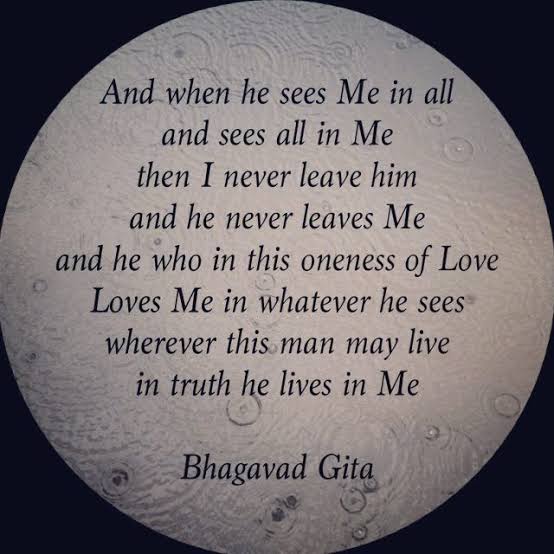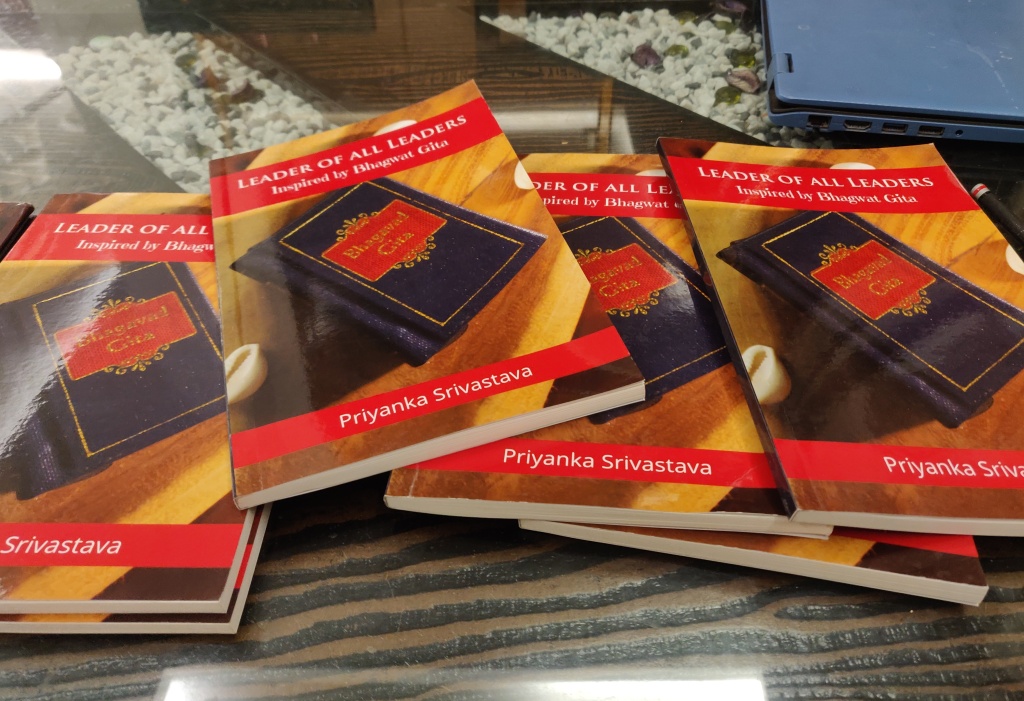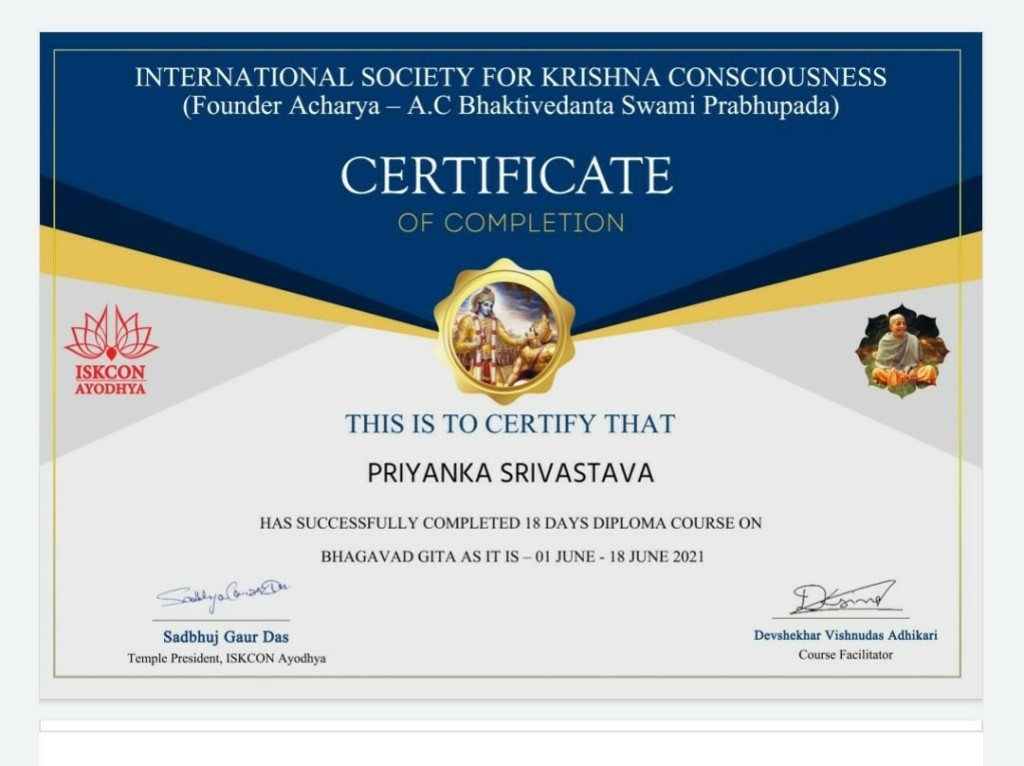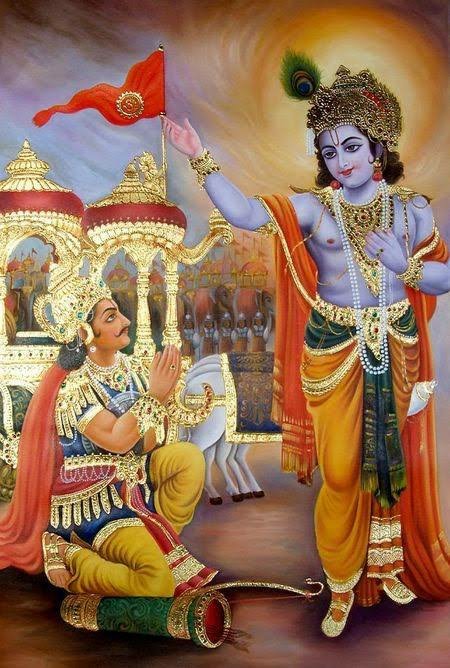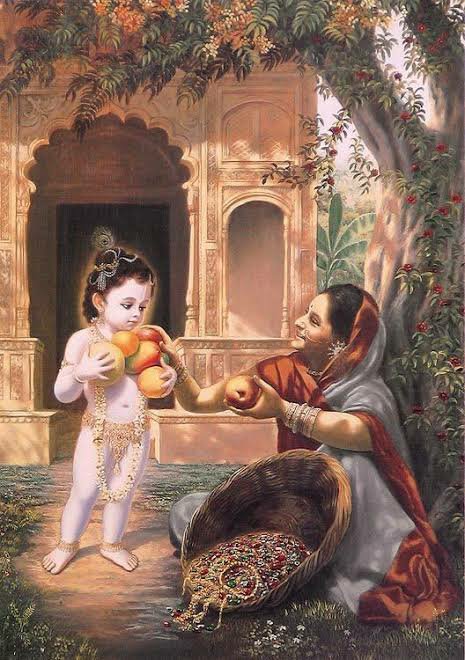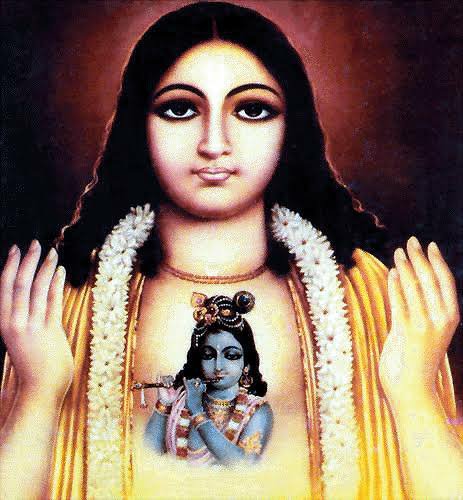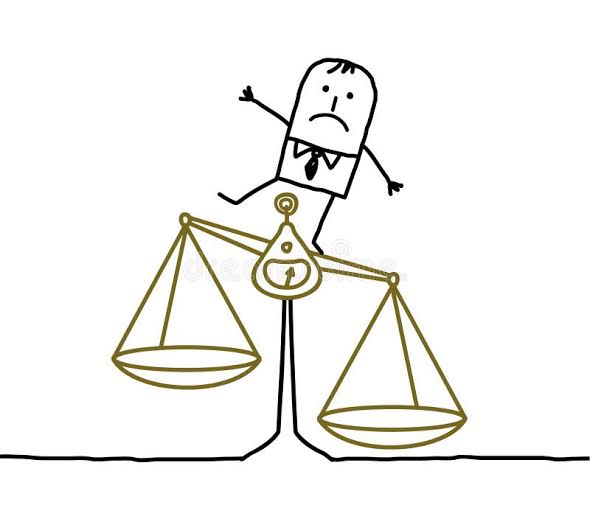
Emotions play a significant role in our lives, influencing our thoughts, actions, and decision-making processes. When we experience intense emotions, whether negative or positive, they can significantly impact our ability to think critically and logically. In such heightened emotional states, our judgment can become clouded, leading to potentially regrettable decisions. This article explores the importance of recognizing and managing our emotions when making choices, highlighting the inverse relationship between emotions and logical, critical thinking.
The Influence of Emotions on Decision Making
Emotions are a natural part of the human experience and can provide valuable insights into our inner thoughts and desires. However, when we allow emotions to overpower our rationality, they can hinder our ability to think logically and critically. Both negative and positive emotions can be equally disruptive in decision-making processes.
Negative Emotions:
When we are overwhelmed by anger, depression, or any other negative emotion, our thoughts tend to become clouded by biases, distorted perspectives, and impulsive tendencies. Our focus shifts from analyzing the situation objectively to dwelling on our emotional state, leading to irrational decisions that we might later regret. Negative emotions can amplify our perception of risks and threats, making us more prone to taking defensive or overly cautious actions.
Positive Emotions:
On the other end of the spectrum, overwhelming happiness or excitement can also impede our ability to think critically. While positive emotions are generally more desirable, they can lead to overconfidence and a disregard for potential consequences. The euphoria experienced during these moments can blind us to potential pitfalls, causing us to make impulsive choices without carefully considering the long-term implications.
The Inverse Relationship: Emotions vs. Logical Thinking
Emotions and logical thinking operate on opposite ends of a spectrum. When our emotions are running high, our capacity for logical reasoning diminishes. Conversely, engaging in critical thinking can help regulate and manage intense emotions effectively. Here’s how this inverse relationship manifests:
Impaired Judgment:
When we are in an emotionally charged state, our cognitive processes become compromised. We become less able to evaluate situations objectively, weigh the pros and cons, and consider alternative perspectives. Decisions made solely based on emotions often lack sound reasoning and foresight, which can lead to undesirable outcomes.
Reduced Problem-Solving Abilities:
Logical thinking and critical analysis are crucial for effective problem-solving. However, emotional highs can hinder our ability to identify and evaluate potential solutions objectively. We may become fixated on a single course of action or struggle to think creatively and flexibly, limiting our problem-solving capacity.
Impulsive Behavior:
Emotions can fuel impulsive behavior, as they tend to prioritize immediate gratification over long-term consequences. High emotional states can lead to rash decisions made without careful consideration of the potential risks and downsides. This impulsive behavior can lead to regret, damaged relationships, or adverse outcomes.
Managing Emotions and Enhancing Decision-Making
Recognizing the inverse relationship between emotions and logical thinking is the first step toward making better decisions. By employing strategies to manage emotions effectively, we can enhance our decision-making processes:
Self-awareness:
Developing self-awareness allows us to recognize and acknowledge our emotional states. By observing our feelings without judgment, we can gain better control over them, preventing them from hijacking our decision-making process.
Time and reflection:
When emotions are running high, it is important to create space for reflection and allow time to pass before making any significant decisions. Stepping back from the situation can provide a clearer perspective, allowing for more balanced and rational thinking.
Seek diverse perspectives:
Engaging with others who can provide diverse viewpoints can counterbalance our emotional biases. By actively seeking alternative perspectives, we can broaden our understanding and make more informed decisions.
Implement decision-making frameworks:
Adopting decision-making frameworks, such as cost-benefit analysis or SWOT analysis, can provide a structured approach to decision making. These frameworks help us consider multiple factors objectively, minimizing the influence of emotional biases.
Conclusion
While emotions are an integral part of being human, they can impair our ability to think critically and make sound decisions. Acknowledging the inverse relationship between emotions and logical thinking is crucial in avoiding regrettable choices. By developing self-awareness, practicing reflection, seeking diverse perspectives, and employing decision-making frameworks, we can navigate our emotions more effectively and make decisions that align with our long-term goals and values.





